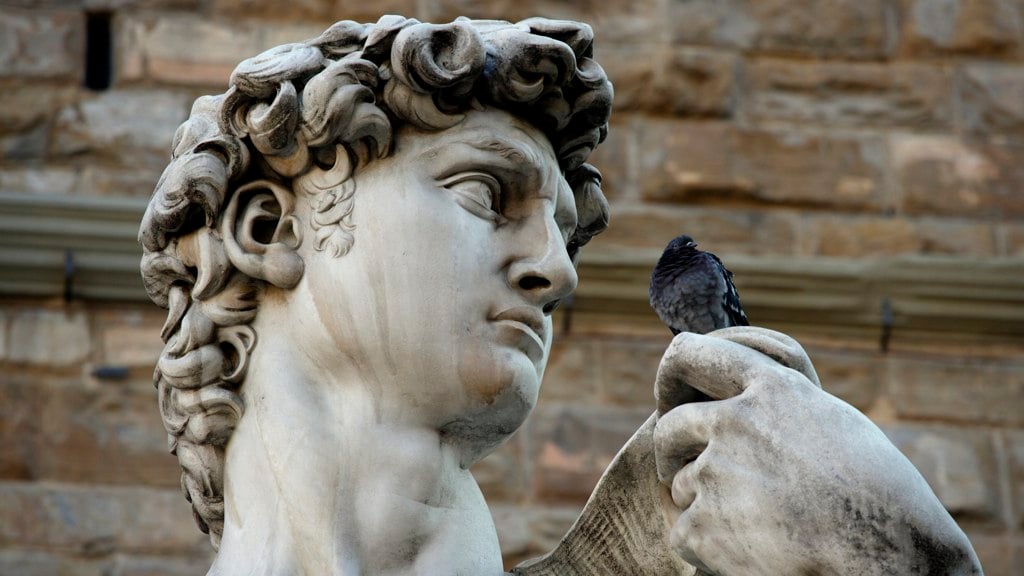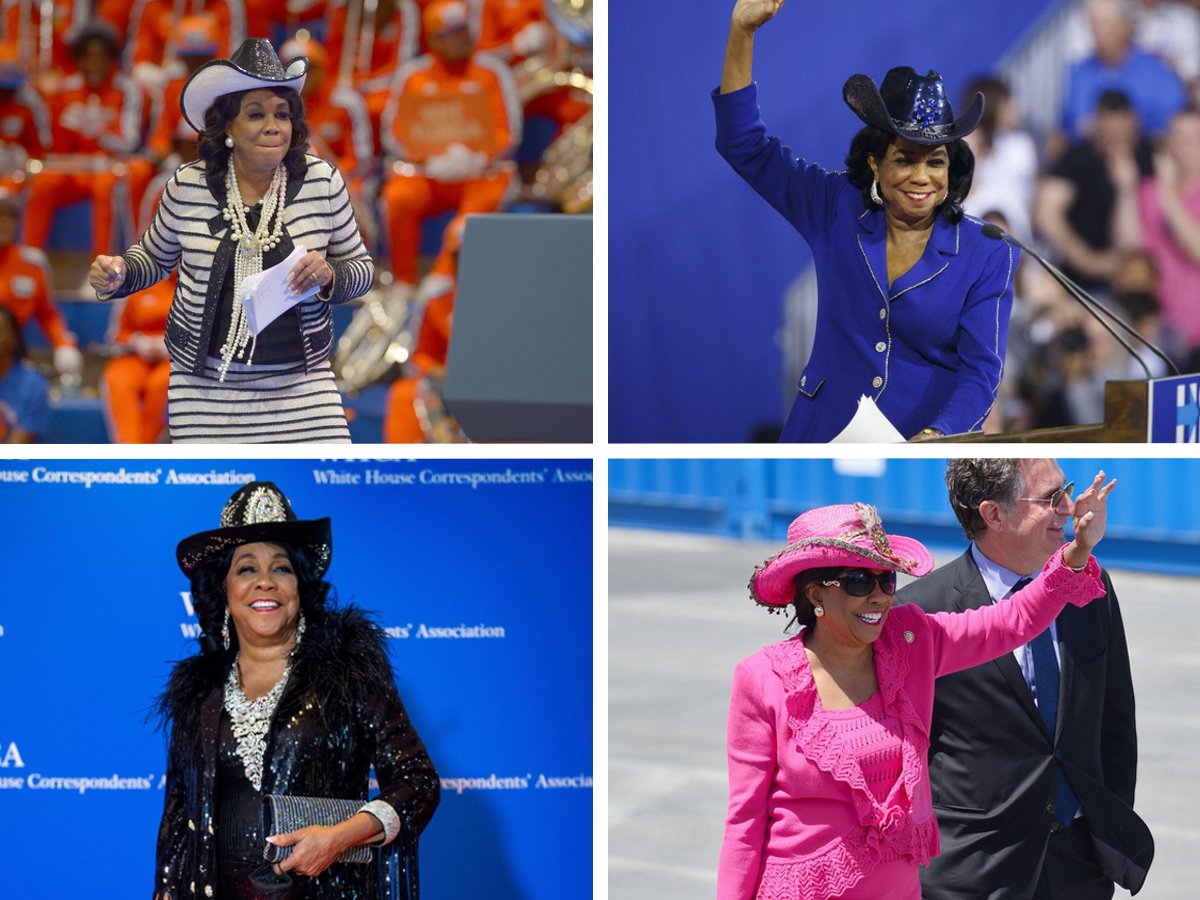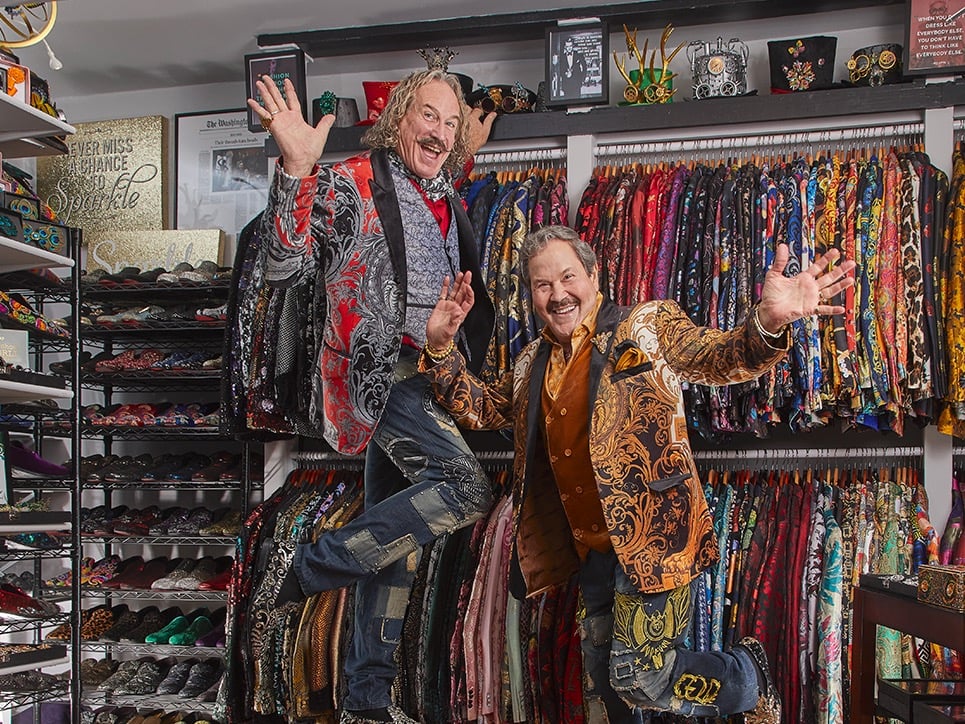Since I’ve been tweeting about #loathsomewords, I’ve reserved a special category—and hashtag, #loathsomewordhalloffame—for two particularly egregious offenses: icon and iconic.
Just deleted my first "icon" of the day, but I actually didn't get in till 20 minutes ago, so the day is young. #loathsomewordhalloffame
— Bill O'Sullivan (@billmatto) March 23, 2016
Though my passion persists, I more or less gave up on the tweets after a few months—I could tweet about nothing else for 24 hours a day, the examples are so numerous—but I haven’t abandoned the larger crusade: For several years, I’ve all but banned these two words from Washingtonian’s pages. Why? Six reasons:
1. They’re unoriginal. Off the top of my head, here are ten alternatives to icon (depending on context and shade of meaning): pioneer, giant, idol, towering figure, epitome, innovator, genius, legend, master, model. And ten for iconic: legendary, pioneering, incomparable, signature, trademark, definitive, unmatched, unforgettable, unparalleled, one-of-a-kind.
2. They flatten vastly different people and things—of vastly different significance—to the same level. Michelangelo’s David = Merle Haggard = Tom Hanks = Rufus Wainwright copying Judy Garland = the Mister Softee jingle = Kraft Macaroni & Cheese . . . .
3. They can make you look ridiculous. An article about the Fox TV musical The Passion—about, you know, Jesus Christ—applied the “iconic” label to both Rodgers and Hammerstein’s Carousel (from which one of The Passion’s songs was taken) and the production’s setting, New Orleans. But not to, you know . . . Jesus Christ.
4. They’re crutches. An otherwise fine NPR story about photographer Robert Mapplethorpe’s work clanged when the reporter got to his “iconic floral photos.” One thing an audio piece about visual art should do is make you see the work through the reporter’s words. Iconic though Mapplethorpe’s flower images may be—and I do understand how that word, its most literal sense, befits them—if you don’t already know the photographs, iconic does nothing to help you see them; it only characterizes them, and in a too-easy way.
5. They’re ultimately meaningless. I’m not the only one who’s sick of these words. Many columns have listed them among the most grating and overused. An essay by Timothy Noah for MSNBC, “The Absolute Worst Word of 2013,” was particularly eloquent: “Today, otherwise intelligent people will say that something or someone is an icon and think they’re bestowing meaningful praise. What they’re really saying, though, is: ‘That person or thing is famous, and it’s good to be famous.’ ” With all due respect to Noah, though—and this could in part be simply because three more years have passed since he wrote the article—iconic means a lot more than just famous; it now denotes anything from recognizable to memorable to cool to the absolute best ever. Which is why, when editing, I almost always strike it out or replace it and its noun sibling. If icon and iconic mean virtually anything on a scale of positives, they don’t mean anything.
6. You’re better than that.




















